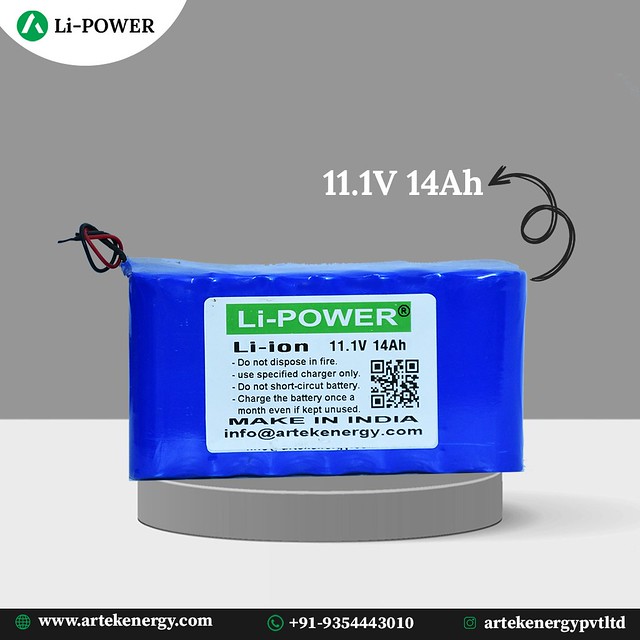Lithium Ion Battery: Advanced Energy Storage Solution
Lithium Ion Battery: Advanced Energy Storage Solution
Introduction:
In today’s fast-paced world, energy storage technologies play a pivotal role in meeting the power demands of various industr Lithium Ion Battery ies. One such revolutionary technology is the Lithium Ion Battery (Li-ion battery). This article explores the manufacturing process, characteristics, a

dvantages, usage methods, how to choose this product, and concludes with its significance in modern society.
Manufacturing Process:
The production of Li-ion batteries involves several intricate steps. Firstly, lithium salts are extracted from mineral sources or recycled materials. Subsequently, these lithium salts undergo purification and transformation into li Lithium Ion Battery thium carbonate or lithium hydroxide. The next step comprises mixing these compounds with other necessary components like metal oxides and electrolytes to create cathodes and anodes. Afterward, assembly lines integrate these electrodes within separators soaked in electrolyte solutions before enclosing them in a protective casing.
Characteristics of Lithium Ion Batteries:
Lithium polymer batteries belong to the secondary battery family offering exceptional performance attributes compare Lithium Ion Battery d to traditional alternatives. They possess high energy density due to their ability to store more charge per unit weight than older technologies like lead-acid batteries. Furthermore, they exhibit low self- Secondary battery discharge rates thereby preserving stored energy for extended periods when not in use.
Advantages of Lithium Ion Batteries:
One significant advantage lies in their longer cycle life compared to other rechargeable batteries like nickel-cadmium or nickel-metal hydride variants. With proper care and maintenance practices upheld by manufacturers’ guidelines, Li-ion batteries can last many years without compromising performance significantly.
Additionally,the abse Lithium Ion Battery nce of hazardous materials proves advantageous for both users and the environment alike.
These cutting-edge batteries showcase rapid charging capabilities allowing devices reliant on them to be operational swiftly after minimal downtime between charges.
Usage Methods:
The versatility associated with Li-ion battery applications spans across numerous sectors includin Lithium Ion Battery g consumer electronics,hence making it compatible across varied technologically driven fields。
Portable gadgets such as smartphones, laptops, tablets, and smartwatches invariably rely on the energy-dense Li-ion batteries to power their functions.
Moreover, they also find extensive use in ele Lithium polymer battery ctric vehicles’ propulsion systems owing to their high power density.
How to Select the Right Lithium Ion Battery:
Choosing the right battery depends on understanding specific device requirements. Factors such as voltage compatibility, capacity needs and permissible physical dimensions are vital considerations for optimum performance. Additionally,batteries from reputable manufacturers with proven track records help ensure reliability and safety.
Conclusion:
Undoubtedly,Lithium Ion Batteries have revoluti Lithium Ion Battery onized energy storage technology globally. With

their superior characteristics including high energy density, longer cycle life and rapid charging capabilities,Li-ion batteries are serving as advanced energy solutions across various sectors ranging from consumer electronics to electric transportation.Notably,the relentless pursuit of technological advancements has resulted in innovations like Lithium Polymer Batteries that offer even more compact designs and increased flexibility.
As our society becomes increasingly dependent on portable devices and clean energy sources,the significanc Li-ion battery e of Li-ion Batteries will continue to grow,giving rise to a more sustainable future where efficient power usage is crucial。
